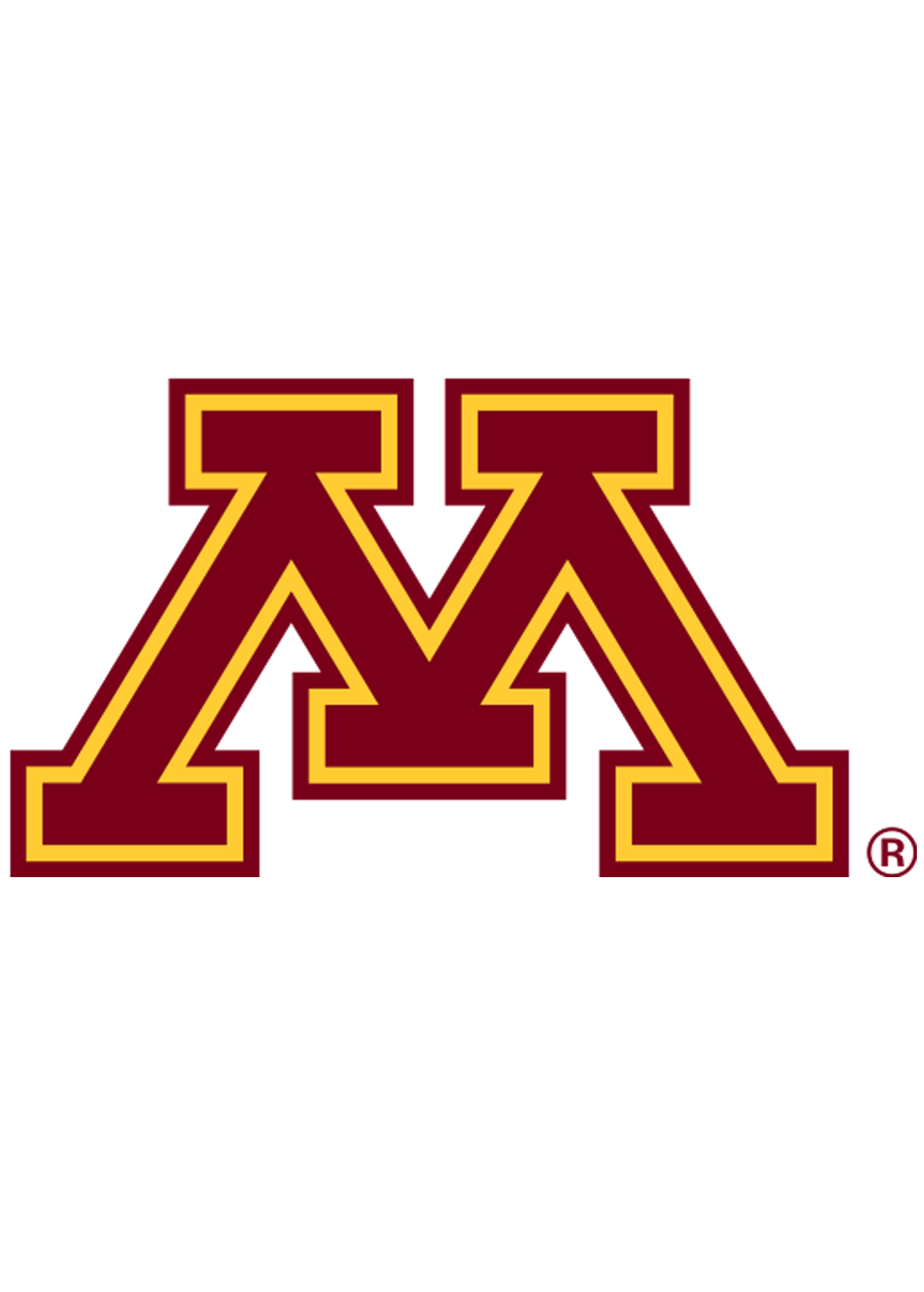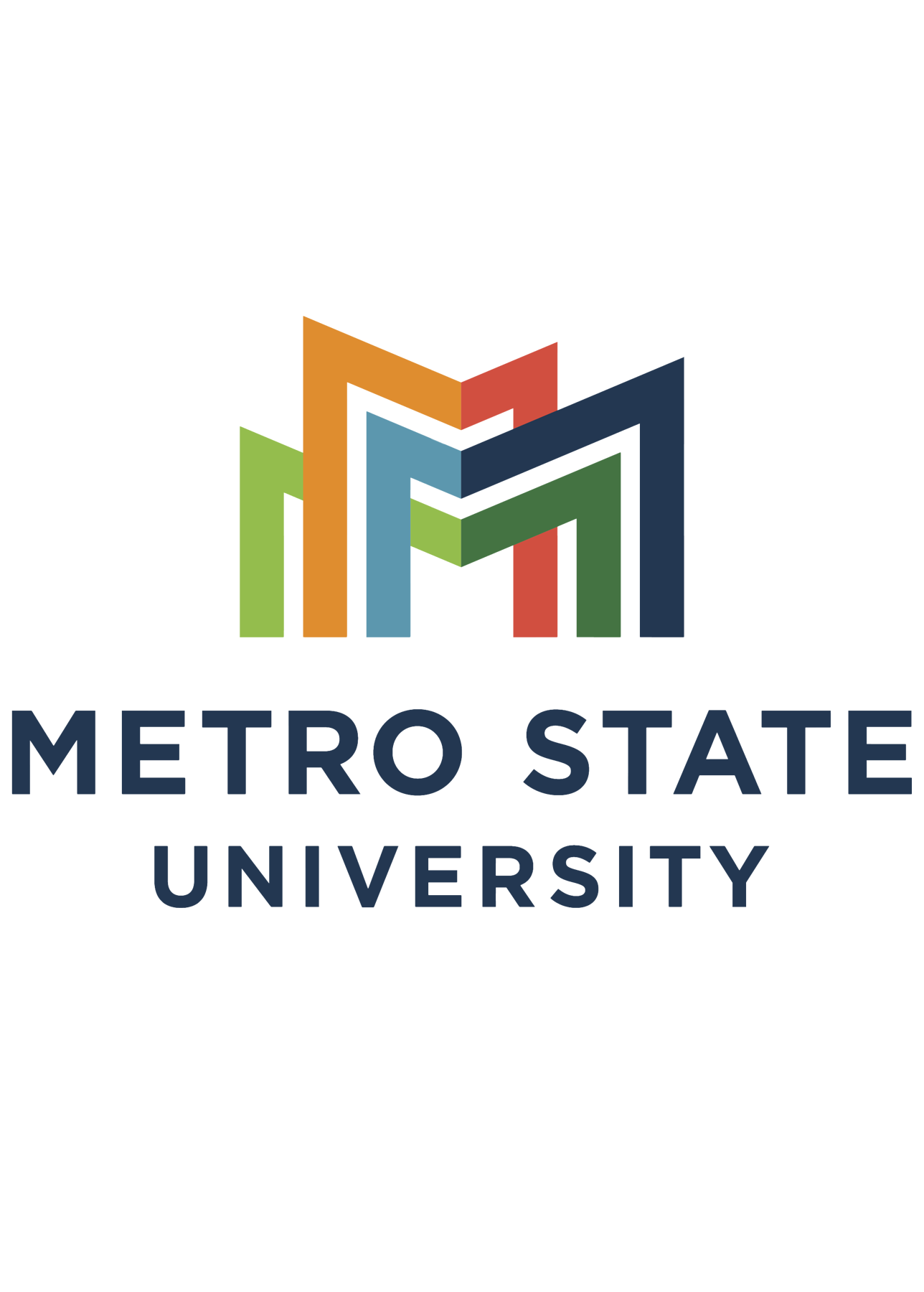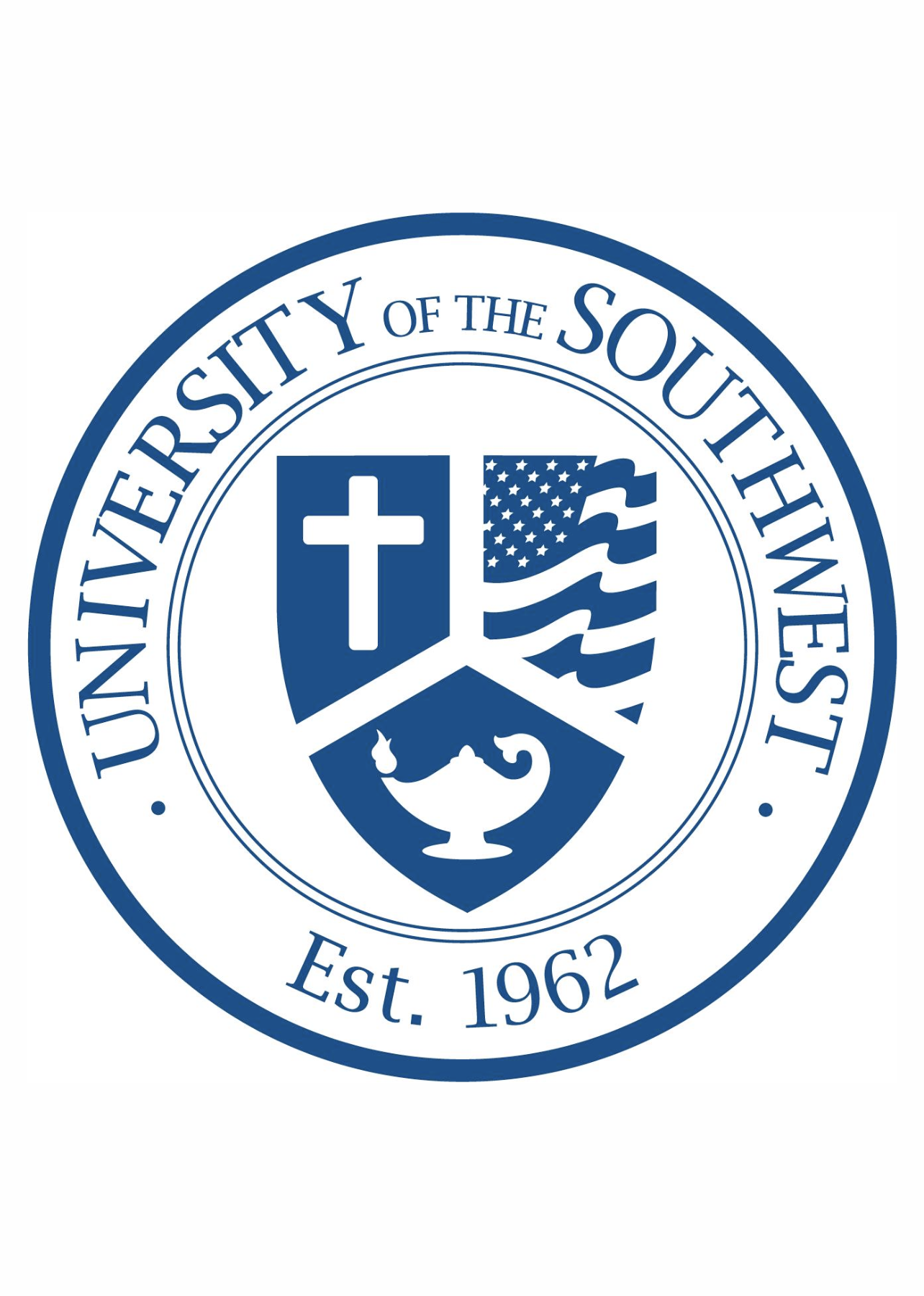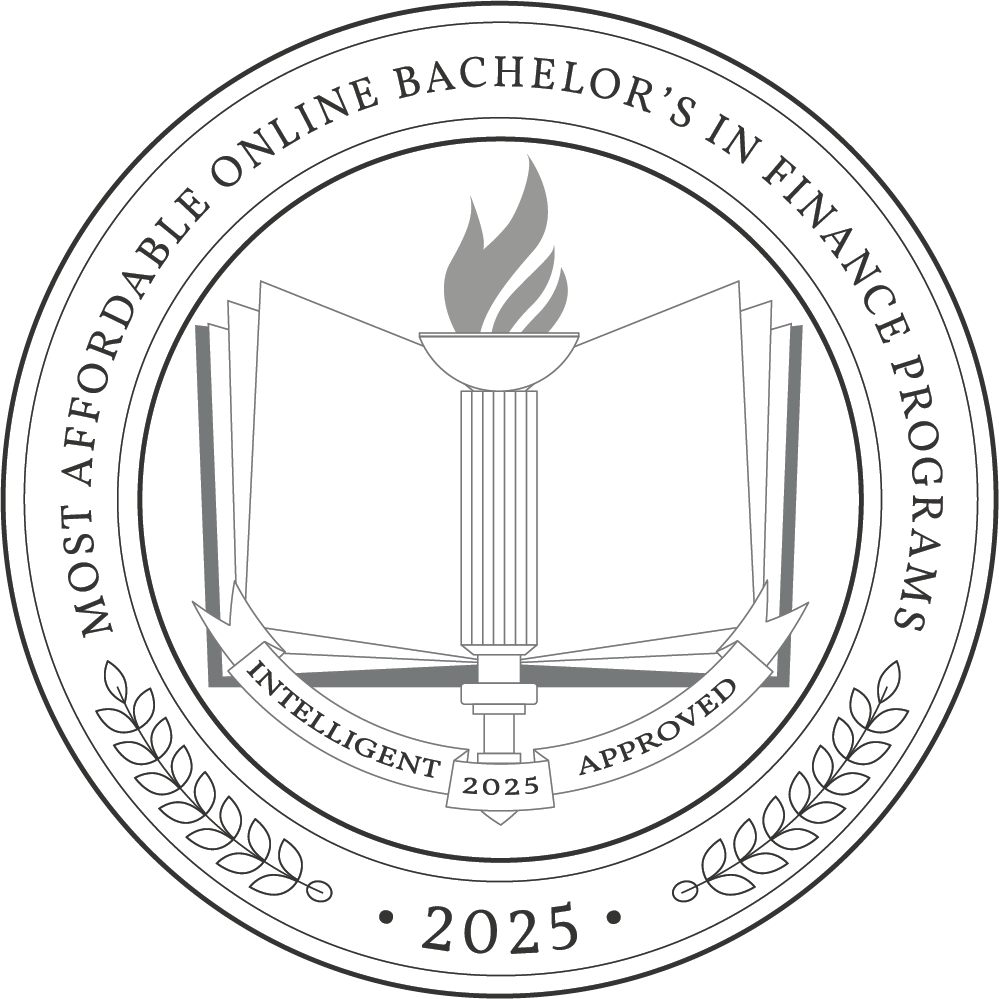Money-savvy future financial professionals aiming to kickstart their careers as financial analysts, managers, and advisors often need a flexible and affordable online degree program to meet their goals. Fortunately, we researched and compiled this list of the most affordable online bachelor’s in finance programs, simplifying that decision-making process.
In this article, we’ll also provide a comprehensive cost breakdown of an online bachelor’s degree in finance alongside the factors that can influence these costs. Furthermore, we’ll offer guidance on securing financial aid and scholarships, helping you minimize the financial burden of your education. Later, we’ll explore the essential factors to consider when choosing the right program to align with your career goals and financial needs.
Why Trust Us
The Intelligent.com Higher Education Team is dedicated to providing students with independent, equitable school and program rankings and well-researched resources. Our expert-driven articles cover topics related to online colleges and programs, paying for school, and career outlooks. We use data from the U.S. Department of Education’s College Scorecard, the National Center for Education Statistics, and other reputable educational and professional organizations. Our academic advisory team reviews content and verifies accuracy throughout the year for the most current information. Partnerships do not influence rankings or editorial decisions.
- Analyzed over 2,000 national, accredited, and nonprofit colleges and universities
- 800+ rankings pages are reviewed and updated yearly
- Content is informed by reputable sources, surveys, and interviews with academic advisors and other experts
- Over 100 data points are reviewed for accuracy and quality throughout the year, including sources
How we rank schools
Our list features the best online Finance degree programs at top colleges nationwide. Each school featured is a nonprofit, accredited institution — either public or private — with a high standard of academic quality for post-secondary institutions.
We evaluated each school’s program on tuition costs, admission, retention and graduation rates, faculty, reputation, and the student resources provided for online students. We collected data from trusted sources like the National Center for Education Statistics, individual school and program websites, school admissions counselors, and other data sources. Then, we calculated the Intelligent Score on a scale of 0 to 100 based on the following criterion:
Academic Quality:
- Admission rate versus enrollment rate
- Retention rate of students who return after year one
- Accreditation status (regional and programmatic)
- Nonprofit status, both private and public institutions
Graduation Rate
- Overall graduation rate
- Total number of currently enrolled students, including diversity metrics
- Student-to-faculty ratio
Cost and ROI
- In-state and out-of-state per-credit tuition rates and fees
- Required credits to graduate
- Earning potential after graduation
- Availability of federal student loans, scholarships, and other financial aid options
Student Resources
- Available student services for online-only and hybrid programs
- On-campus amenities like tutoring centers and the number of libraries
Read more about our ranking methodology.
Best 34 Online Bachelor’s in Finance Programs
FiltersInstitution Type
Status
- Intelligent Score
- Alphabetically By University Name
- Acceptance Rate
- Enrollment
- In-state Graduate Tuition
- Out-of-state Graduate Tuition
- In-state Undergraduate Tuition
- Out-of-state Undergraduate Tuition

Florida International University
Intelligent Score: 98.85In-state: $4,721
Out-of-state: $16,529
In-state: $8,912
Out-of-state: $8,912
SAT: 1110-1260
ACT: 23-29
Resident: $236
Non-Resident: $649
Online
Association to Advance Collegiate Schools of Business
120

Dickinson State University
Intelligent Score: 98.23In-state: $6,474
Out-of-state: $8,294
In-state: $6,060
Out-of-state: $6,060
SAT: 920-1082
ACT: 17-22
Resident: $249
Non-Resident: $319
Online
Higher Learning Commission
120

Missouri State University
Intelligent Score: 97.60In-state: $6,840
Out-of-state: $15,510
In-state: $5,436
Out-of-state: $5,436
SAT: 1020-1220
ACT: 21-27
$348
Online
Association to Advance Collegiate Schools of Business
120

University of Houston - Downtown
Intelligent Score: 96.91In-state: $8,449
Out-of-state: $20,665
In-state: $8,539
Out-of-state: $8,539
SAT: 1120-1310
ACT: 22-28
Resident: $246
Non-Resident: $666
Online
Association to Advance Collegiate Schools of Business
120

University of Houston - Clear Lake
Intelligent Score: 96.86In-state: $23,230
Out-of-state: $36,526
In-state: $29,984
Out-of-state: $29,984
SAT: 990-1173
ACT: 18-23
Resident: $270
Non-Resident: $861
Online
Association to Advance Collegiate Schools of Business
120

National University
Intelligent Score: 95.14In-state: $13,320
Out-of-state: $13,320
In-state: $15,480
Out-of-state: $15,480
SAT: N/A
ACT: N/A
$370
Online
Senior College and University Commission of the Western Association of Schools and Colleges
120

Thomas Edison State University
Intelligent Score: 95.14In-state: $14,742
Out-of-state: $16,926
In-state: $22,623
Out-of-state: $22,623
SAT: Not Required
ACT: Not Required
Resident: $419
Non-Resident: $545
Online
Accreditation Council for Business Schools and Programs
120

University of Maryland Global Campus
Intelligent Score: 94.2In-state: $8,824
Out-of-state: $34,936
In-state: $13,158
Out-of-state: $13,158
SAT: 1270-1480
ACT: 30-34
Resident: $324
Non-Resident: $499
Online
International Accreditation Council for Business Education
120

Florida State College at Jacksonville
Intelligent Score: 93.86In-state: $14,649
Out-of-state: $21,703
In-state: NA
Out-of-state: NA
SAT: Not Required
ACT: Not Required
Resident: $116
Non-Resident: $227
Online
Accreditation Council for Business Schools and Programs
120

University of Minnesota Crookston
Intelligent Score: 93.28In-state: $13,318
Out-of-state: $31,616
In-state: $17,580
Out-of-state: $17,580
SAT: 1240-1460
ACT: 25-31
$441
On-Campus
Accreditation Council for Business Schools and Programs
120

Franklin University
Intelligent Score: 92.78In-state: $9,552
Out-of-state: $9,552
In-state: $16,080
Out-of-state: $16,080
SAT: N/A
ACT: N/A
$398
Online
International Accreditation Council for Business Education
124

SUNY College of Technology at Canton
Intelligent Score: 92.47In-state: $7,070
Out-of-state: $16,980
In-state: $11,310
Out-of-state: $11,310
SAT: 860-1060
ACT: N/A
$353
Online, On-Campus
International Accreditation Council for Business Education
122-123

UAB Collat School of Business
Intelligent Score: 92.19In-state: $34,627
Out-of-state: $51,815
In-state: $16,793
Out-of-state: $16,793
SAT: NA
ACT: NA
$667
Online
Association to Advance Collegiate Schools of Business
120

PennState World Campus
Intelligent Score: 90.64In-state: $15,025
Out-of-state: $24,413
In-state: $22,464
Out-of-state: $22,464
SAT: 1070-1300
ACT: 24-29
$626 - $671
Online
Association to Advance Collegiate Schools of Business
120

Metropolitan State University
Intelligent Score: 86.62In-state: $7,136
Out-of-state: $14,560
In-state: $8,405
Out-of-state: $8,405
SAT: N/A
ACT: N/A
$286
Online, On-Campus
Accreditation Council for Business Schools and Programs
120

University of the Southwest
Intelligent Score: 86.54In-state: $16,000
Out-of-state: $16,000
In-state: $22,500
Out-of-state: $22,500
SAT: N/A
ACT: N/A
$470
Online
International Accreditation Council for Business Education
120

UMass Amherst
Intelligent Score: 86.41In-state: $15,791
Out-of-state: $35,779
In-state: $14,014
Out-of-state: $14,014
SAT: 1200-1390
ACT: 27-32
In-State: $691
Out-of-State: $1,605
Online
Association to Advance Collegiate Schools of Business
120

Eastern New Mexico University
Intelligent Score: 83.15In-state: $4,074
Out-of-state: $6,114
In-state: $5,351
Out-of-state: $5,351
SAT: 950-1160
ACT: 17-23
In-State: $191
Out-of-State: $274
Online
Accreditation Council for Business Schools and Programs
120
Cost Breakdown for an Online Bachelor’s in Finance Program
Before committing to an online degree, it’s crucial to understand the financial aspects of pursuing higher education in this format. Below, we’ve broken down the costs of obtaining this degree to help you make an informed decision and plan your budget accordingly.
- Tuition: Online bachelor’s degrees in finance typically charge tuition on a per-credit basis, which can range from $300 to $600 or higher per credit, making the total cost dependent on the number of credits required for the degree. Part-time students may prefer per-credit tuition, while full-time students may opt for flat-rate, per-term tuition if available.
- Fees: Online students might encounter additional expenses, including technology fees for access to online learning platforms, library fees for digital resources, and academic support fees for tutoring services.
- Personal technology: Students need a computer or laptop, high-speed internet, and basic hardware and software for their coursework. This initial investment can be significant but will pay off over time.
- Books and other learning materials: Online finance programs often require textbooks and digital learning materials. It’s not uncommon for students to spend around $100 to $300 per course on these resources.
While these costs can add up, it’s essential to consider the significant cost savings online programs offer. Online students avoid expenses related to commuting and lodging, which can be substantial for in-person students. Moreover, the flexibility of online learning enables students to maintain their current employment, making it a practical and cost-effective choice for many.
Factors Influencing the Cost of an Online Bachelor’s in Finance Program
The affordability of an online institution depends on several key factors. Examining these elements allows you to decide which institutions are within your budget and align with your goals.
- Public vs. private institution: Public online colleges often have lower tuition rates than private universities due to government funding. State support helps subsidize tuition costs for residents, making public universities more affordable, while private institutions rely on tuition revenue and endowments, resulting in higher prices.
- Nonprofit vs. for-profit: Nonprofit online schools typically offer more competitive tuition rates as their primary goal is education rather than profit. For-profit institutions tend to charge higher tuition to generate revenue for shareholders, which can lead to increased costs.
- Student residency status: Tuition rates vary based on a student’s residency. In-state students at public institutions generally pay significantly less than out-of-state students, who often face higher tuition to compensate for the lack of local tax support.
- Student military status: Many online colleges and universities offer discounted tuition rates for active-duty military personnel, veterans, and their dependents as a gesture of support and recognition of their service.
How to Pay for an Online Bachelor’s in Finance Degree
Out-of-pocket
Many students pay for their tuition out-of-pocket through savings or payment plans offered by their institution. While independently covering the entire tuition cost can be challenging, contributing a portion of the expense can significantly reduce your need for student loans. This proactive approach can minimize your accumulation of student debt, helping you avoid long-term interest payments and ultimately leading to a more stable and financially secure future.
Federal student loans
Depending on your situation, you may have access to federal loans to assist with financing your education, including subsidized and unsubsidized loans. While these loans offer reasonable interest rates and flexible repayment options, avoiding over-borrowing is essential. Taking out only what’s necessary to cover your educational costs can help prevent an excessive debt burden after graduation.
Private education loans
Private loans can also be an option to fund your degree, but they are generally less preferable to federal loans. Personal loans often have higher interest rates and less flexible repayment terms, leading to higher overall costs and financial stress after graduation.
Before considering private loans, exhaust all federal aid options, scholarships, and grants to minimize your need for personal borrowing. If these loans become necessary, carefully researching and comparing lenders will be essential to secure the most favorable terms.
Scholarships
Scholarships are a highly preferable way to finance your education because they don’t need to be repaid, reducing your financial burden. These awards are available through various sources, including your university or private organizations and foundations. They’re often awarded based on academic achievement or skills, and many schools also offer diversity scholarships.
Grants
Grants are another excellent resource to help you fund your degree, as they are typically awarded based on financial need and do not require repayment. The Free Application for Federal Student Aid (FAFSA) is a standard gateway to federal grants like the Pell Grant and the Federal Supplemental Educational Opportunity Grant (FSEOG). Additionally, many universities and colleges offer their own institutional grants to assist students with tuition costs.
Work-study
Work-study programs can help you earn money to fund your education while gaining work experience. These opportunities are accessible by submitting the FAFSA, which determines eligibility for federal work-study. Once awarded, you can secure on-campus or community service jobs that may be related to your field of study.
These opportunities provide a financial cushion while helping to reduce your reliance on loans. Work-study helps cover tuition costs and fosters skill development, boosting your educational experience.
Employer tuition assistance
If you’re currently employed, you may have the opportunity to utilize your employer’s tuition assistance program. Many companies offer financial support for their employees pursuing higher education, which can enhance their skills and benefit the organization. These programs often cover a portion of tuition expenses or offer reimbursements upon successful course completion.
Applying for Financial Aid
The Free Application for Federal Student Aid (FAFSA) is the starting point for most students seeking financial aid for higher education. It’s a comprehensive form that collects information about a student’s and their family’s financial situation. The FAFSA helps determine eligibility for various federal grants, loans, and work-study programs.
You can efficiently complete the FAFSA online, and it’s crucial to meet deadlines, as many financial aid awards are distributed on a first-come, first-served basis.
Learn more about the FAFSA
If you’re seeking expert guidance on navigating the FAFSA and securing financial aid for your education, check out our Ultimate FAFSA Guide. This all-encompassing resource offers a breakdown of the various types of support available, a step-by-step walkthrough for completing the FAFSA, and valuable tips on answering questions related to household size, immigration status, and more.
Student loan forgiveness and repayment
The state of student loan forgiveness legislation in the United States remains uncertain. Therefore, students need to be proactive and make a repayment plan to avoid accumulating excessive debt.
For many, this begins with avoiding overborrowing, a common mistake many people make. College counselor Dana Marvin advises students to: “take out what you need and nothing more. For example, if you’re eligible to take out a loan for $12,500 per year but only need $8,000, there’s no need to take out a loan for that extra funds.”
You can reduce your reliance on loans by carefully assessing your financial needs, applying for grants and scholarships, and considering work-study opportunities. After all, as Marvin says, “every dollar you take out in a loan will not only be paid back but with interest.”
How to Choose the Online College or University that’s Right for You
Step 1: Clarify what you want
Deciding which program suits your undergraduate finance degree is a big decision. Still, you can make it easier by clarifying what you want or need from your educational experience.
Finance is a versatile degree that can set you up for success in various industries, and you can tailor your education by choosing a specialty. Many students opt for accounting, financial analysis, corporate finance, financial management, and more specializations to focus their degrees on their career goals.
It’s important to ascertain which delivery format and schedule will work best for your lifestyle. For example, a part-time asynchronous program may work best for working professionals needing flexibility. In contrast, a full-time synchronous program often suits individuals with more time to devote to their studies who prefer a structured learning environment.
Step 2: Research schools and programs
Now that you have a better idea of what you’re looking for, it’s time to research schools and programs that can help you fulfill your professional aspirations.
Start by double-checking each institution’s accreditation, as this will ensure that the program meets rigorous academic standards and will be recognized by future employers. Then, consider the following questions to help guide your research further:
- Does this program have my intended specialty available? If not, does it offer sufficient coursework to support my interests?
- Is the program entirely online, or are there some in-person components?
- What is the student-to-faculty ratio for online classes?
- Does the faculty have sufficient experience teaching online?
- How affordable is the school compared to my other options?
Most universities make this information available on their websites, but you can also find it by attending virtual open houses or contacting admissions counselors.
Step 3: Prepare for applications and tests
With your shortlist of schools, you’ll be ready to begin preparing for applications and tests. Most schools will require the following materials for a successful application:
- Transcripts from all previously attended institutions
- Resume or CV
- Personal statement
- Letters of recommendation
- Standardized test scores
While some schools have moved to test-optional policies, many still require standardized test scores for admission. For those taking the SAT or ACT, consider enrolling in a test prep program to boost your scores. These courses can equip you with the skills and strategies you need to be successful when taking these tests.
Step 4: Select your program
For students who apply to more than one program, it’s possible to receive multiple acceptance letters. If this is your situation, you may have a big decision to make.
Now is an excellent time to revisit the factors that mattered the most to you when initially submitting applications. Consider whether each program offers your intended specialization and preferred delivery mode and schedule. Double-check faculty credentials, student-to-faculty ratios, and each program’s support services for online students.
Ultimately, you’ll want to choose the program that aligns best with your professional goals, ensuring a prosperous future career in finance.
Step 5: Determine how you’ll pay for your degree
Financing your degree can feel daunting, but it doesn’t have to be. It’s essential to remember that many financial aid resources are available to help you fund your degree without incurring a significant debt burden.
Prioritize scholarships and grants, as these forms of financial aid don’t need to be repaid and can significantly offset educational expenses. Remember that federal loans can bridge financial gaps, but they should be used as a supplement rather than your primary funding source to avoid overborrowing. You may also consider work-study opportunities to help secure part-time employment — but if you’re currently employed, contact your employer’s HR department to see if they offer tuition reimbursement.
To discover funding opportunities unique to your institution, contact a financial aid counselor at your school.


